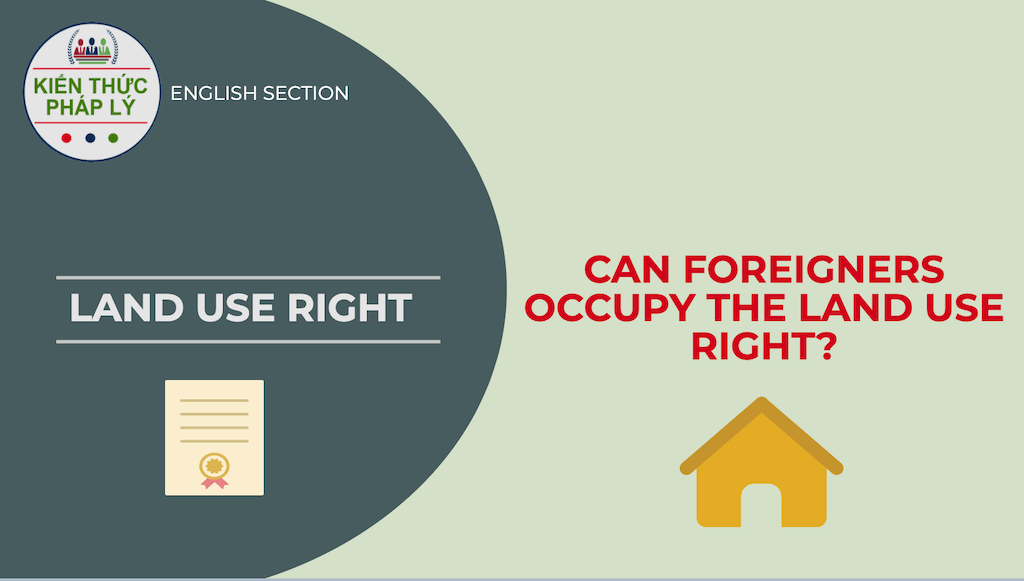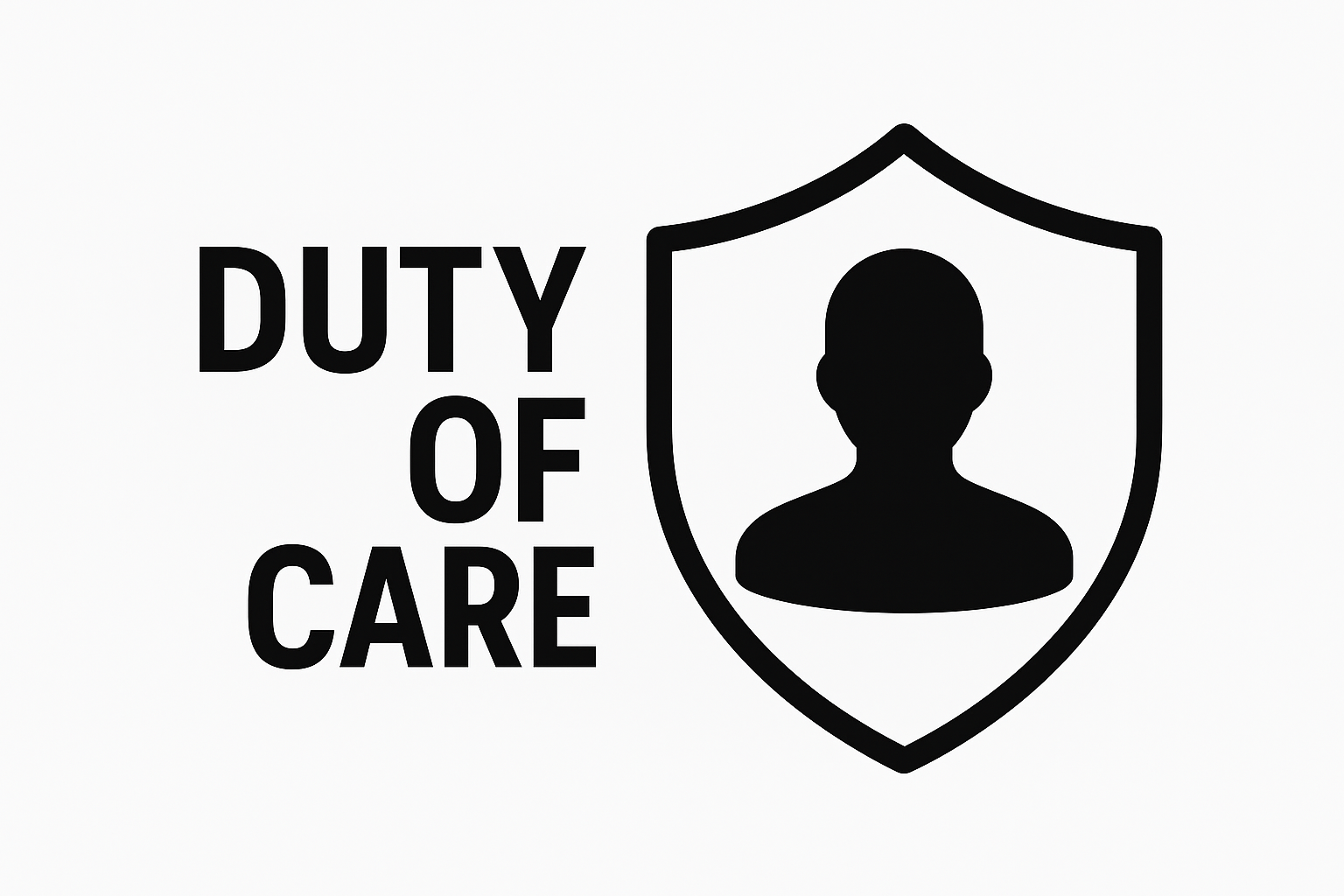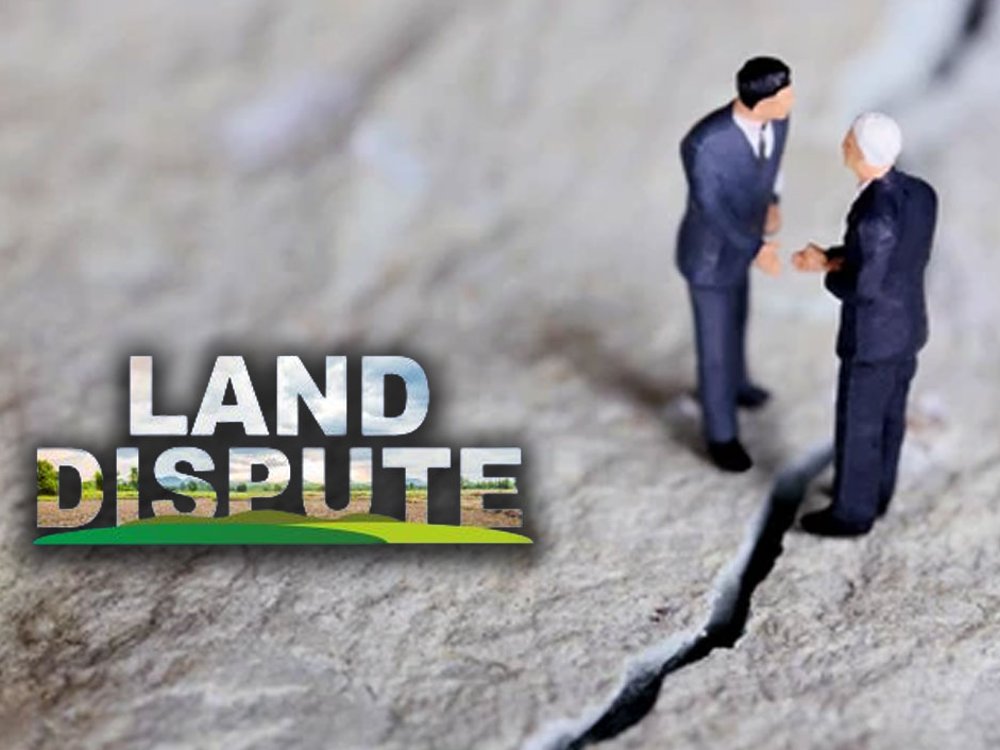The birth of the 2014 Law on Residential Housing has mandated the housing ownership right of foreigners in Vietnam. However, it is still questionable whether the right to own house encompasses the right to use the land on which the house was erected.
The Vietnamese version of this article is available HERE.

The 2014 Law on Residential Housing permits foreigners to acquire condominium apartments and landed houses within a housing construction project[1]. For the purpose of this article, it shall refer only to the landed house and excludes the condominium apartment. Accordingly, upon the full satisfaction of the conditions set out by laws, foreigners are able to be granted with Certificate of Land Use Right, Ownership of House and other Assets attached to Land (hereinafter, the “LURC”)[2]. Under the law on land, particularly article 31.3 of Decree No. 43/2014/ND-CP (hereinafter, “Decree 43”), the “certificate of housing ownership” may be issued to the foreign individuals if sufficient legal documents pertaining to the sale and purchase transaction are provided in accordance with the legal requirements.
To date of this article, controversial views have been shared among the legal scholars. Some scholars opine that the foreign individuals are not entitled to the land use rights while others oppose this conclusion.
1. Foreigners are NOT entitled to the land use right
First, advocates of this view refer to article 6 of the 2013 Land Law which specifies the list of land users. Accordingly, foreign individual is not listed as a legitimate one. This should be construed as foreigners have no capacity to use the land[3].
Second, in consideration to the following provisions of the law on land:
Article 31.4 of Decree 43 stipulates that:
“In case house owners are not land users, in addition to the papers on house ownership as specified in Clauses 1, 2 and 3 of this Article, a lawfully notarized or certified land lease contract, capital contribution contract, business cooperation contract or written approval of the land user of house construction and copies of papers on land use rights under the land law are required”
Article 5.2 of Circular No. 23/2014/TT-BTNMT (“Circular 23/2014”) stipulates that:
“Where the land user is not the owner of properties associated with the land, the Certificate shall be issued separately to the land user and to the owner of properties associated with the land. The information on the person issued with the Certificate is written as follows:
a) If the Certificate is issued to the land user, only writes information on the land user as specified in Clause 1 of this Article;
b) If the Certificate is issued to the owner of properties associated with the land, only write information on the owner of properties associated with the land under the provisions in Clause 1 of this Article, then write “Owning properties on the land parcel….(specify the form of lease, borrowing,…) of…(specify the name of leasing or borrowing organization, household or individual,…)”.
Given the above legislations, the fact that one individual may own the house without being the land user of the same is thoroughly consistent with the law on land. Hence, when a foreigner acquires residential property in Vietnam, that individual only has the right to own the house but the right to use the land underneath it since they are not the land user articulated by Article 6 of the 2013 Land Law. In other words, the LURC issued to them shall follow the provision of Article 5.2(b) of Circular 23/2014.
The land use right in this context shall remain with the developer of the housing construction project
2. Foreigners are entitled to the land use right
First, article 19.1 of the 2014 Law on Real Estate Trading (the “LRET”) stipulates that:
“The selling of building must associate with the land use right”
According to such a principle, upon selling the residential unit the developer of the housing construction project must attach thereto the land use right. In other words, the houses and land are inseparable in an apartment sale and purchase transaction. On the face of it, this requirement seems to be inconsistent with Article 31.4 of Decree 43/2014 as provided above. However, in a more comprehensive context, Article 31.4 of Decree 43/2014 may not be applied in the case of selling the property without the land use right. The legal documents as listed therein are only limited to the circumstances under which the owner of houses establishes its ownership via construction and it does not seem to include the sale and purchase transaction. As such, if Article 31.4 of Decree 43/2014 and Article 19 of the LRET are placed under the same context, it can be inferred that such two provisions are not inconsistent with each other and the owner of houses via sale and purchase transaction is undoubtedly rendered with the land use right in accordance with article 19.1 of the LRET.
Second, article 6.5(a) of Circular 23/2014 stipulates that:
“In case the whole area of land parcel is under the use right of one land user (an individual, household, spouse, residential community, domestic organization, religious establishment, foreign individual, oversea Vietnamese person,….) then write “Separate use” in the section of form of use;”
From the above legislation, the law has indirectly acknowledged the right to use land of foreign individual.
Conclusion
On the one hand, it may be the case that the drafters of the 2013 Land Law did not anticipate that the right to own residential houses was given to foreigners by the later 2014 Law on Residential Housing. This has created a so-called “legal loophole” when the 2014 Law on Residential Housing and the LRET entered into force. On the other hand, the majority of legal scholars agree that the right to use the land of the foreign individual should be mandated to maintain the consistency of the law on residential housing and the law on land. Proposals on revising the 2013 Land Law in light of the above have been submitted not only by the NGOs[4] but also by the competent authorities[5].
Having said that, so long as the 2013 Land Law has not been updated to acknowledge the right to use the land of foreign individual, the issuance of the LURC to foreign individual in Vietnam is likely to be delayed.
[1] The 2014 Law on Residential Housing, art. 159.2(b).
[2] The 2014 Law on Residential Housing, art. 10.1(c), art. 9.1 and art. 161.2.
[3] See more: http://lapphap.vn/Pages/tintuc/tinchitiet.aspx?tintucid=206845
[4] Vietnam National Real Estate Association (See more: http://thoibaotaichinhvietnam.vn/pages/kinh-doanh/2019-11-25/kien-nghi-bo-sung-quyen-so-huu-dat-cua-nguoi-nuoc-ngoai-vao-luat-dat-dai-79429.aspx).
[5] Draft of the revised 2013 Land Law proposed by the Ministry of Natural Resoruces and Environment (See more https://thukyluat.vn/news/phan-tich-chinh-sach/10-diem-moi-quan-trong-trong-du-thao-luat-sua-doi-luat-dat-dai-30187.html)
- CHUẨN MỰC “CẨN TRỌNG” TRONG QUẢN TRỊ DOANH NGHIỆP: NHẬN DIỆN, ĐÁNH GIÁ VÀ GIẢI PHÁP THỰC TIỄN - Tháng 8 16, 2025
- TUÂN THỦ PHÁP LUẬT LAO ĐỘNG CHO DOANH NGHIỆP – CÁC LOẠI BÁO CÁO ĐỊNH KỲ (PHẦN 1) - Tháng 4 9, 2025
- LỰA CHỌN CƠ QUAN GIẢI QUYẾT TRANH CHẤP TRONG GIAO DỊCH MUA BÁN CÔNG TY CÓ LIÊN QUAN ĐẾN BẤT ĐỘNG SẢN - Tháng 1 12, 2025







One Comment